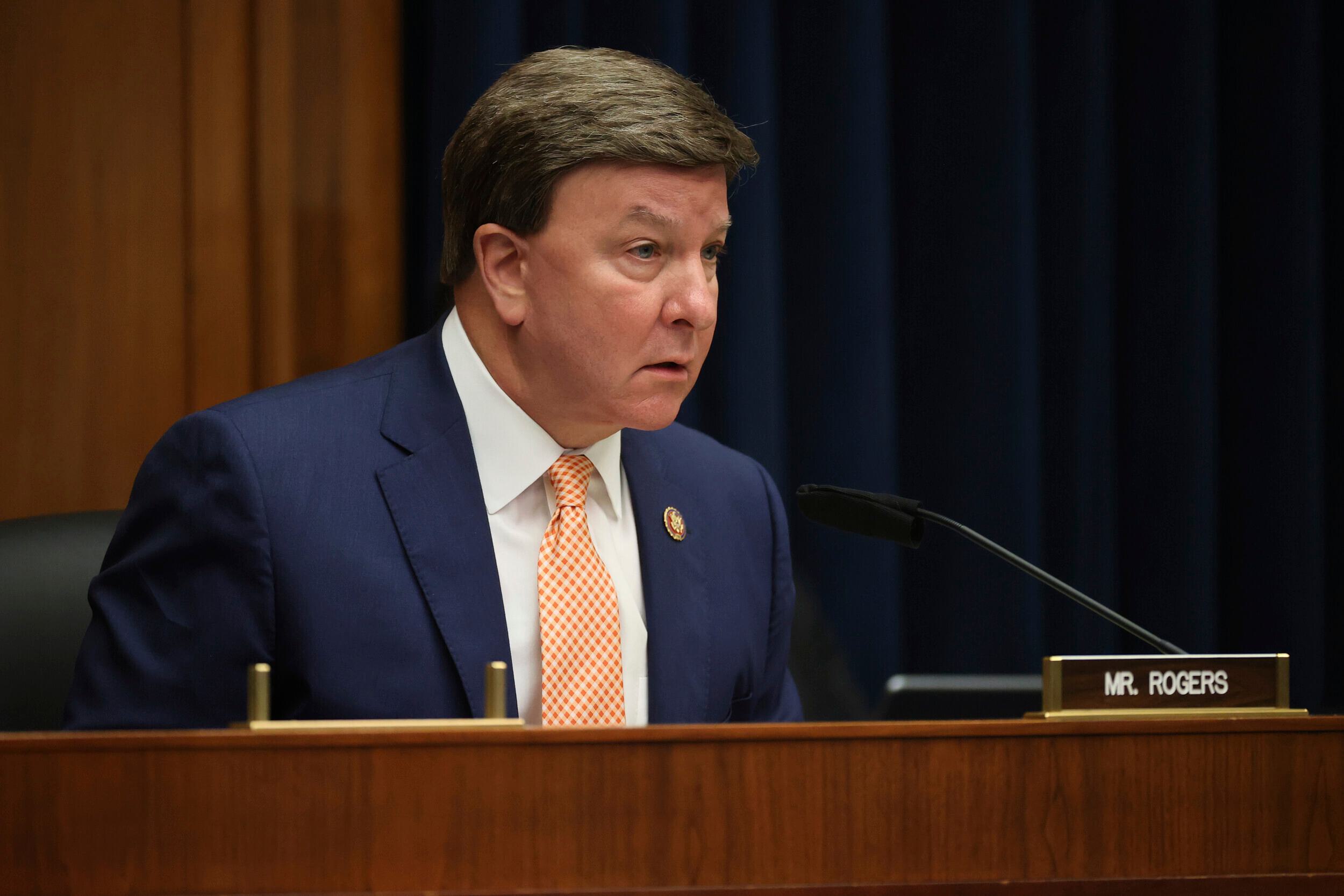U.S. Rep Mike Rogers (R-Saks) recently criticized the United Nations' attempts to interfere in a scheduled Alabama execution of a convicted murderer.
The state is slated to carry out the first-ever execution via nitrogen suffocation on January 25.
See: Alabama Supreme Court gives go-ahead in first-ever nitrogen suffocation execution
Nitrogen suffocation, also called nitrogen hypoxia, is a proposed execution method in which death would be caused by forcing the inmate to breathe only nitrogen. The process does not have a structured protocol, but it would involve replacing breathed oxygen with nitrogen, causing the individual to drift to sleep and die. Some have argued that the method would be more humane, while others have likened it to human experimentation.
It's authorized as an execution method in Alabama, Oklahoma and Mississippi but has never been attempted.
The United Nations Human Rights Council then intervened, condemning the execution, saying it believed "nitrogen hypoxia would result in a painful and humiliating death." The United Nations' "experts" on the subject claimed nitrogen hypoxia could violate the U.N. Convention against torture. They also decried the utilization of the death penalty as a whole as well.
Rogers took to Twitter in response, bashing the United Nations' attempted intervention.
"China unjustly executes thousands per year, including nonviolent offenders, all while committing genocide," Rogers said. "So naturally, the UN Human Rights Council is focusing their efforts on stopping a humane method of execution on a convicted murderer in Alabama."
Smith was one of two men convicted in the 1988 murder-for-hire of Elizabeth Sennett.
Sennett died after being stabbed eight times in the chest and once on each side of the neck. Court records show Smith and another man were paid $1,000 by Sennett's husband, Rev. Charles Sennett, to kill her. The reverend took his own life a week later, and the other suspect, John Forrest Parker, was executed in 2010.
Smith's attorneys attempted to force the state to forbid a second execution attempt, stating he had been "subjected to ever-escalating levels of pain and torture" in the botched lethal injection attempt.
To connect with the author of this story or to comment, email craig.monger@1819news.com.
Don't miss out! Subscribe to our newsletter and get our top stories every weekday morning.









